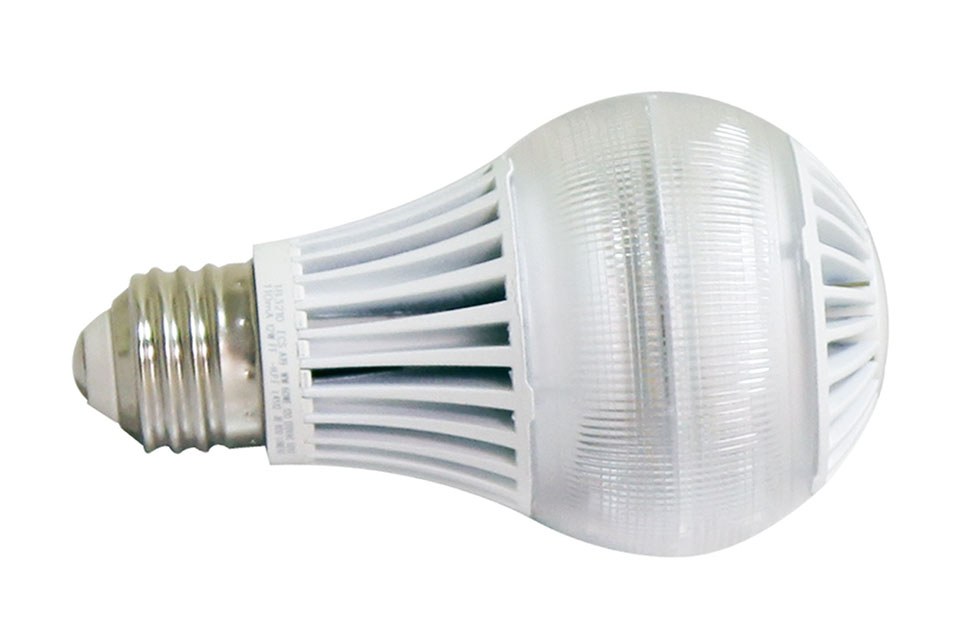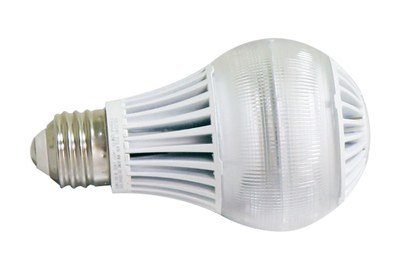NEWLED Research Project Led by the University of Dundee Aims to Revolutionize the Way the World Is Lit
The way the world is lit up could be revolutionised by a new European-wide research project being lead by the University of Dundee. The 11.8million Euros NEWLED project aims to develop a new generation of white light-emitting LED lights, which would be much more efficient than existing light bulbs.
Goals of the NEWLED project:
• developing a new generation of energy efficient lighting
• potential to massively reduce energy consumption and CO2 emissions
It is estimated that efficient white-light LEDs, if successfully developed and widely implemented, could have a massive effect on reducing global energy consumption and C02 emissions.
"Common lightbulbs have a pretty low efficiency rating and even the best current white LEDs in use only have an overall efficiency of around 25%," said Professor Edik Rafailov, NEWLED project leader based in the School of Engineering, Physics and Mathematics at Dundee.
"What we are aiming to develop is a significantly more efficient white LED, which would be around 50-60% efficient. If we can do that and it becomes widely adopted, then the effects on energy consumption would be enormous.
"It would also produce lighting over which much more control could be exercised in brightness and tone."
The effort to produce highly efficient white LEDs will see the project examine every stage of the LED fabrication process, from developing new knowledge on the control of semiconductor properties on a near-atomistic level to light mixing and heat management.
By examining the entire process, NEWLED aims to ensure that the new LEDs will be well adjusted to avoid compromising the achievements of the overall process and to ensure significant system and operating cost reduction.
NEWLED brings together academic and industrial partners and is funded through the European Union's FP7 programme.


